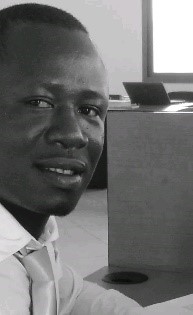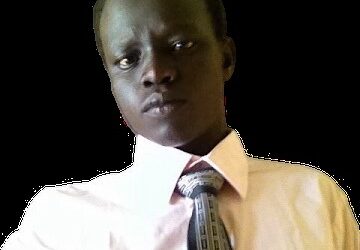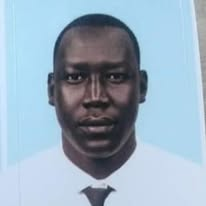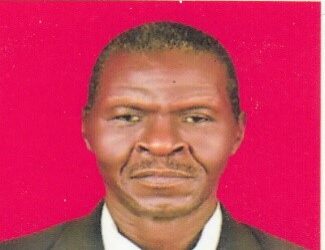By Sebit Edward
Over a decade after independence, South Sudan remains in a troubling political limbo – where the promise of peace is constantly undermined by the self-preservation instincts of leaders.
Despite multiple peace agreements, transitional governments, and regional interventions, the country remains stuck in a cycle of elite rivalries, delayed reforms, and worsening conditions for ordinary citizens.
At the center of this paralysis, is the long-standing rivalry between the top clot. A strained power-sharing relationship between President Salva Kiir and Dr. Riek Machar Teny– forged under the 2018 Revitalized Peace Agreement – is more of a tactical truce than a genuine partnership. Key security electoral provisions remain unfulfilled, with deadlines pushed back repeatedly. The much-anticipated elections scheduled for 2024 has been extended to 2026; which, per the current state of things, is clouded by uncertainty, poor or unclear preparations, and the fears of the raging conflict, especially in the Upper Nile region.
Make no mistake, the issue goes beyond just two individuals. A wider network of political elites, military figures, and bureaucrats, have become comfortable in this prolonged transition. The current system rewards the status quo: ministries are distributed based on party allegiance, not competence; public resources are concentrated at the top; and political loyalty often matters more than national interest. For many in government, reform is a threat – not a goal.
Meanwhile, insecurity continues to plague communities across the county. Armed violence, inter-communal clashes and displacements, have spiraled to a disturbing level. The government of national unity has delayed completion of unification of the forces, as agreed, and civilian protection remains dangerously inadequate.
For ordinary South Sudanese, this state of suspended progress has become exhausting. Young people remain unemployed and excluded. Civil society voices are muffled. Women and children, already burdened by conflict and poverty are further pushed to the margins. The country’s health, education, and infrastructure systems are crumbling – not because of lack of potential, but because leadership wrangles and misplaced priorities.
What is the way forward?
If South Sudan is to break out of this cycle, a few things must happen urgently:
- Shift from personalities to institutions: The country’s future cannot be shaped by two or three powerful individuals. Democratic institutions must be empowered to function independently of political interference.
- Involve citizens in governance: The repeated call for civil society, youth, women, religious leaders, and professional association’s voice being recognized in peace building, constitutional reforms, and election processes must be respected.
- Ensure free and fair elections, and not just speechmaking: Many forums and workshops where a need for free and fair elections have been organized. Electoral Commissions are appointed by the government, and they are under the influence of the elites. This must end. The commission need to be truly independent and credible. Security forces must be depoliticized, and all parties must commit to peaceful competition, not armed confrontations.
- Accountability and justice: Many voices are calling for this but it is not honored. This too must stop. The promises of transitional justice must be adhered to. The Hybrid Court, the Truth Commission, and reparations for victims should be delayed further.
- Regional and international pressure: IGAD, the African Union, and the UN must do more than issue statements. What has the statements influenced over the years? Tangible results can only be realized when there are consequences for leaders who deliberately stall the peace processes. There must be consequences for leaders who deliberately stall the peace process.
South Sudan’s citizens did not vote for independence only to remain trapped in a different kind of captivity. The dream of freedom, dignity and self-determination is still alive – but it requires a bold break from the current political culture. The people must be at the center of the next chapter. Anything less will be betrayal of history – and a disaster for the future.
Sebit Edward is a South Sudanese writer, journalist, and civic advocate.
This piece reflects the author’s views and not of any affiliated institution.




